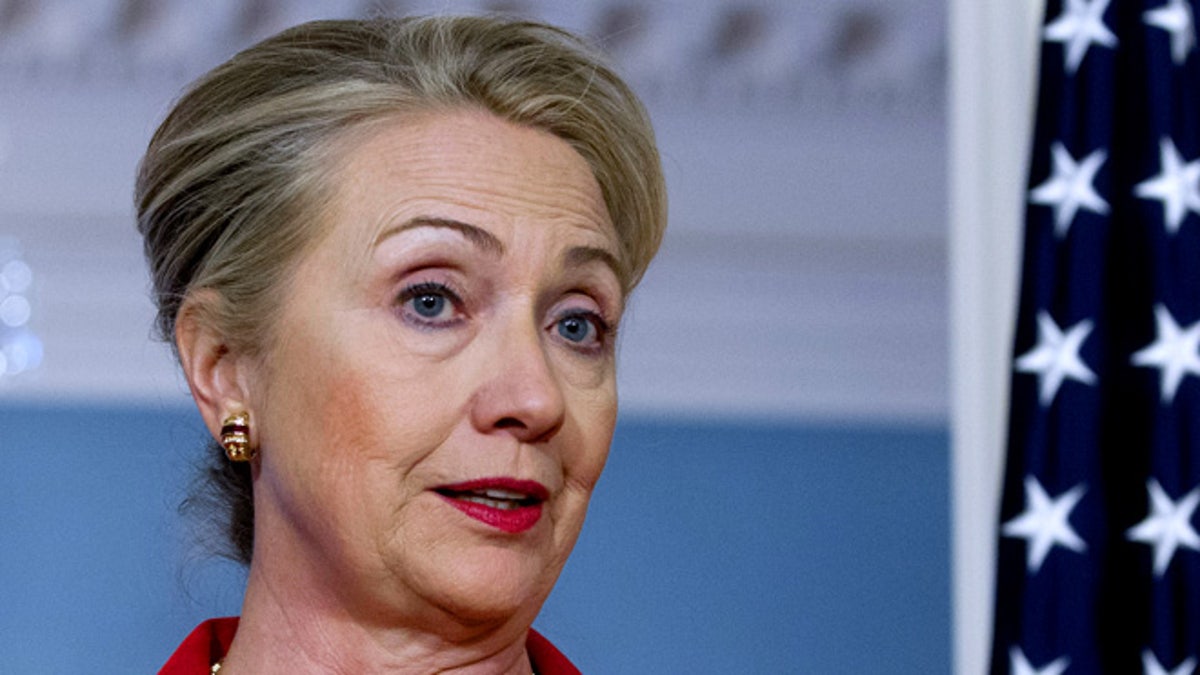
FILE -- Democratic presidential candidate Hillary Clinton (AP)
Hillary Clinton likely dodged criminal charges Tuesday for a simple reason: the bar for bringing criminal charges against a politician, particularly a high public official, is so much higher than they are for anyone else. Prosecutions against such high public officials only go forward when there is “definitive” evidence. Evidence that prosecutors know will lead to a certain conviction.
Why do I say that? Because earlier in my career I was chief economist at the United States Sentencing Commission. I worked frequently with prosecutors.
The reputational loss public officials face from criminal charges can be so great that prosecutors feel that they need to be sure of a conviction before going forward. For someone running for president, such as Hillary, that loss of reputation would be tremendous. -- It isn’t as if she will be able to pick right back up where she is now in the 2020 presidential race.
So much of debate during this election has been over a different standard applying to the Clintons. FBI Director James Comey’s decision Tuesday didn’t treat Hillary differently from other high public officials, but he clearly treated her differently from other Americans.
But politicians aren’t unique. CEOs of major companies or public figures in other areas also face loss of careers simply by being charged. Possibly, prosecutors are simply more sensitive to politicians because they work for them. Politicians also have a lot of political connections.
If Comey is to be faulted, it must be because he didn’t explain these differences in his statement on Tuesday. When he said, “no reasonable prosecutor would bring such a case,” he should have made it clear that they wouldn’t have done so against a high public official.
Comey reported that Clinton and her staff “were extremely careless in their handling of very sensitive, highly classified information.” He made three things clear: That the more protected private servers of others that Clinton was emailing with were hacked; “that Secretary Clinton’s use of a personal email domain was both known by a large number of people and readily apparent”; and that she was “sending and receiving work-related emails in the territory of sophisticated adversaries.” Despite Clinton’s repeated denials, she sent and received emails that contained classified information at the time those emails were sent.
Looking for definitive evidence of “clearly intentional and willful mishandling of classified information” is an almost impossible standard to meet. It's something that most Americans who are not deeply involved in the legal system wouldn’t realize is happening.
It is also clearly not the law. People can read for themselves the criminal code (18 USC 793 Section f). “Gross negligence” of mishandling classified information is enough. In Comey’s own words, Hillary clearly met that standard. There is no requirement for intent or willfulness.
Hillary may not have been treated differently than other high public officials, but when has such a high level public official ever previously faced such “gross negligence” in handling America’s most important security secrets?
Answer: Never.




















